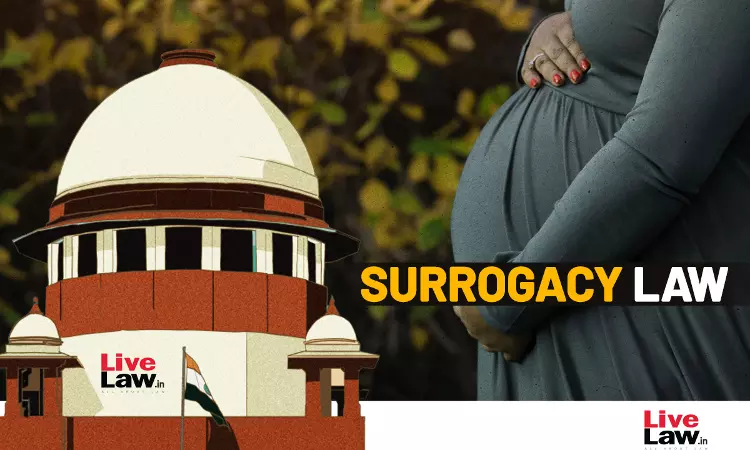The Supreme Court has observed that insisting that only the egg and the sperm of an intending couple can be used for gestational surrogacy is prima facie against Rule 14(a) of the Surrogacy (Regulation) Rules, 2022. A new amendment introduced in March 2023 to Form 2 read with Rule 7 of the Surrogacy Rules specifies that donor eggs cannot be used for gestational surrogacy of an intending...

